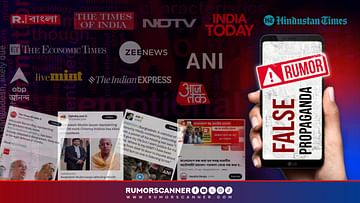believes a foreign intelligence agency provoked the protestors. Yet, even after ruling for a decade and a half, the Awami League questions why it couldn’t prevent the conspiracy it claims to have known about.
Despite these claims, images and videos widely shared at the time showed police, BGB, and armed Awami League members using live ammunition against protesters. These visuals undermined the party’s narrative of a third party’s involvement.
Avoiding Responsibility
Despite widespread reports of excessive force during the July-August crackdown, resulting in over 850 deaths and injuries to more than 20,000 people, the Awami League has largely denied responsibility. Leaders argue that a “third party” was involved, which they blame for civilian casualties.
Nevertheless, Awami League leaders do acknowledge that the party has made mistakes during its 15-year tenure. Violations of human rights, land grabbing, corruption, and large-scale money laundering have been recurrent criticisms during their time in power.
Attempts to Reorganize
Since the abrupt departure of Sheikh Hasina to India on August 5, the Awami League faced a severe leadership vacuum. However, the party is now attempting to reorganize itself, with a network established for communication among leaders and activists both domestically and abroad.
Top leaders have indicated that they are adopting a “wait-and-see” approach, observing public and political reactions to the interim government, while avoiding any large-scale anti-government activities for now.
Grassroots leaders, however, remain skeptical, wary of announcing programs from abroad while they remain at risk in the country. Many express frustration with leadership in exile, fearing they are being sacrificed while elites benefit from the party’s patronage.
Analysts’ Perspective
Political analysts argue that without acknowledging its mistakes and seeking forgiveness from the public, the Awami League may face significant challenges returning to active politics. The party’s recovery hinges on a thorough reflection on its past governance and regaining public trust.
Source: BBC










